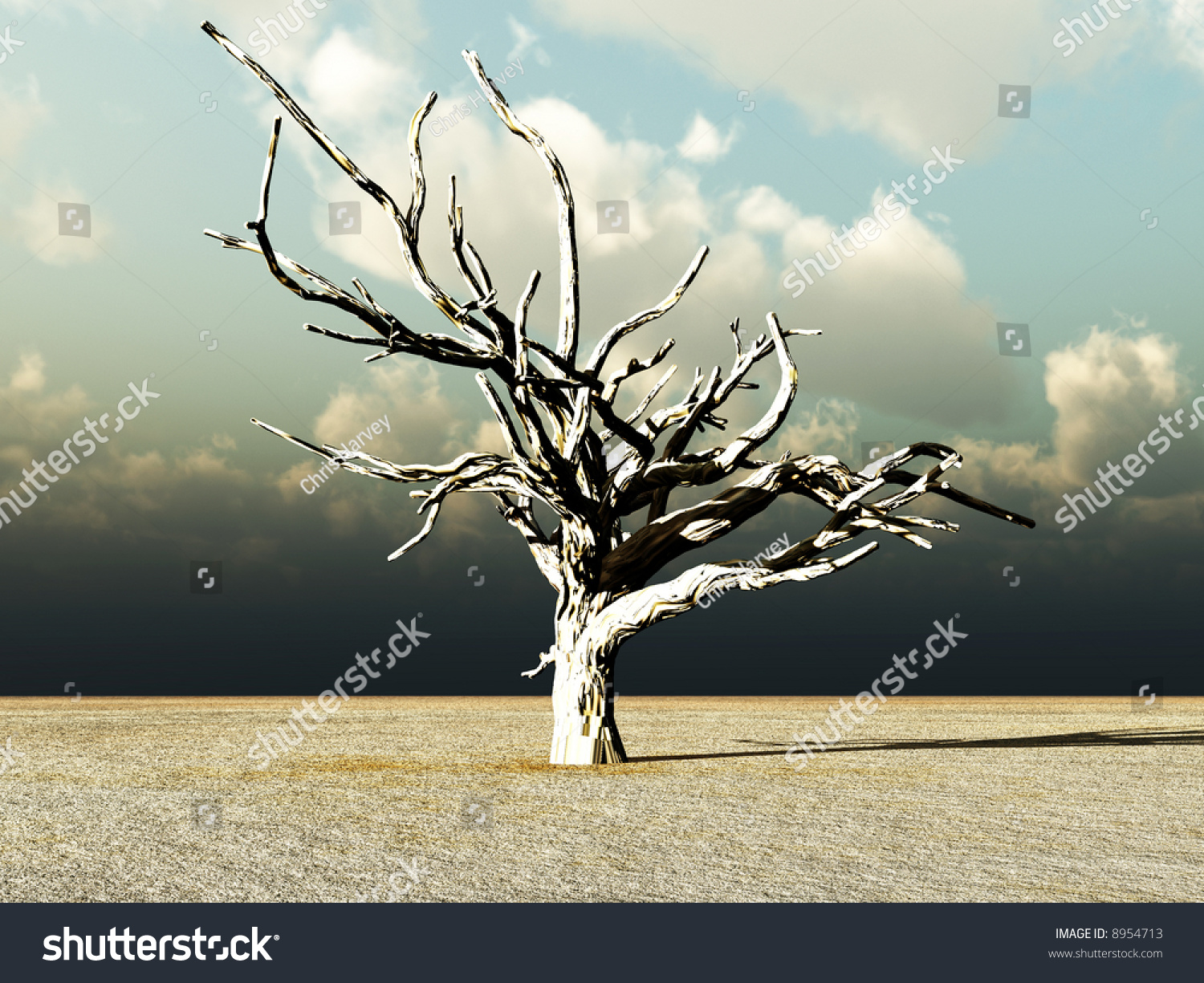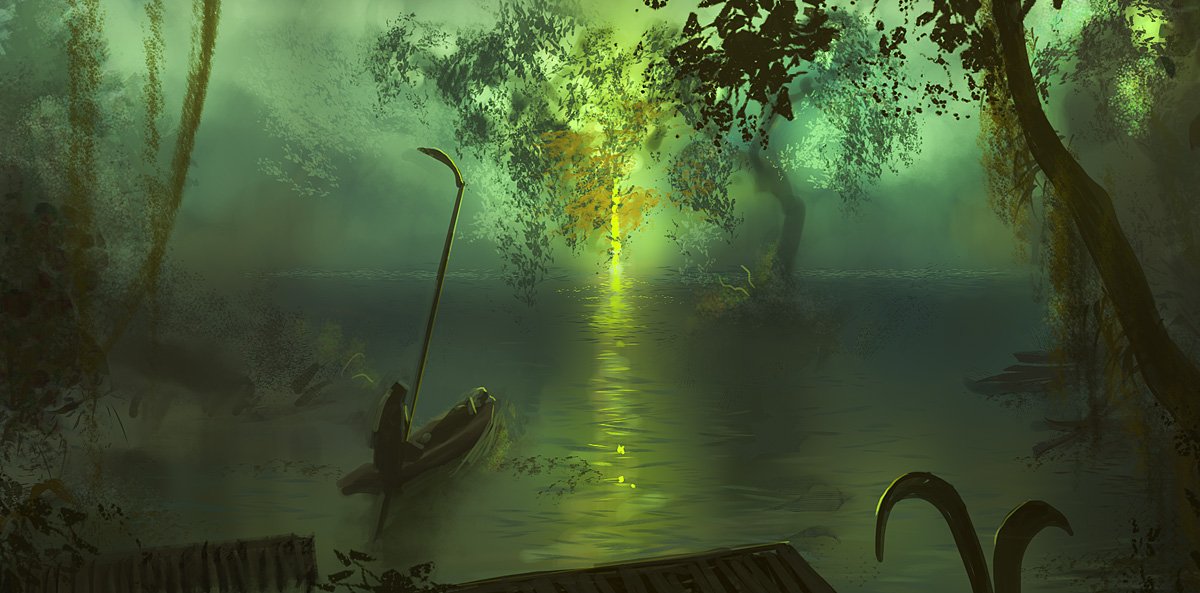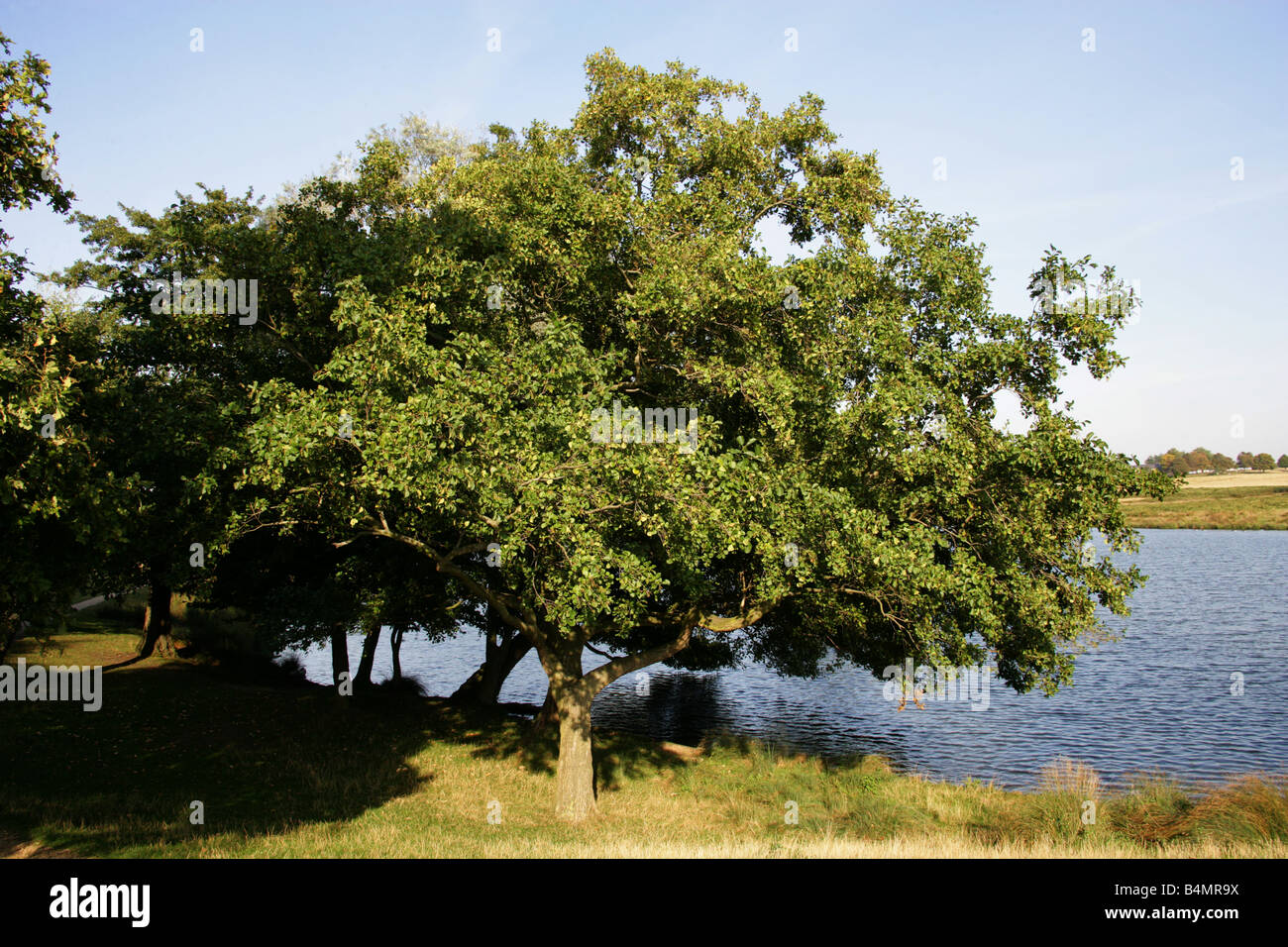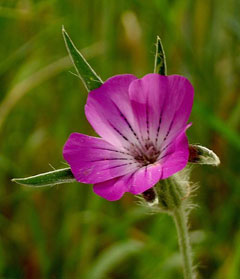Gay, Ghastly, Holiday
The last line of Dickinson's poem solidifies the poem's setting/context. We can use contextual clues to infer the last line's meaning. Dickinson uses specific words like "gay" and "Holiday" to stress this infered meaning. The word "holiday", is not a traditional holiday as we would initially envision. Using textual clues of horror, captivation, and acceptance of death, we can hypothesize that the "holiday" is in reference to a apocalyptic catastrophe. This hypothesis makes contextual sense to various other poems, as well as her personal life, where religious affirmation, "damnation" and the spiritual afterlife are concepts frequently explored.







 I found this image to be fairly similar to my own personification of this particular setting.
I found this image to be fairly similar to my own personification of this particular setting.


 The River Irthing is a major river in northern England. The river itself is divided into various delta segments, spawning from the River Eden. Part of the river runs through the ancient Hadrian's Wall. Hadrian's Wall was built by ancient Celts to defend against northern Scot invaders. This is evident in Coleridge's text, as he proceeds to write about traveling northward, across the Irthing and into Scotland.
The River Irthing is a major river in northern England. The river itself is divided into various delta segments, spawning from the River Eden. Part of the river runs through the ancient Hadrian's Wall. Hadrian's Wall was built by ancient Celts to defend against northern Scot invaders. This is evident in Coleridge's text, as he proceeds to write about traveling northward, across the Irthing and into Scotland. "Cliffand tower" is a reference to Clifford Tower, located in present day York, in Northern England. The tower was built in the 13th century on a large mossy mound to hold prisoners, which makes metaphorical sense since Coleridge makes a textual reference to "the lovely lady's prison" early in the same stanza. The references of a prison relates to Christabel's imprisonment to both the physical, and metaphorical domination/curse of Geraldine.
"Cliffand tower" is a reference to Clifford Tower, located in present day York, in Northern England. The tower was built in the 13th century on a large mossy mound to hold prisoners, which makes metaphorical sense since Coleridge makes a textual reference to "the lovely lady's prison" early in the same stanza. The references of a prison relates to Christabel's imprisonment to both the physical, and metaphorical domination/curse of Geraldine.